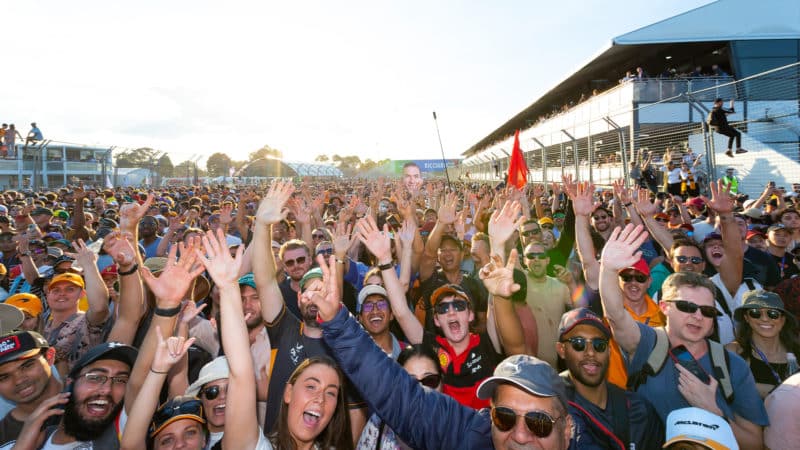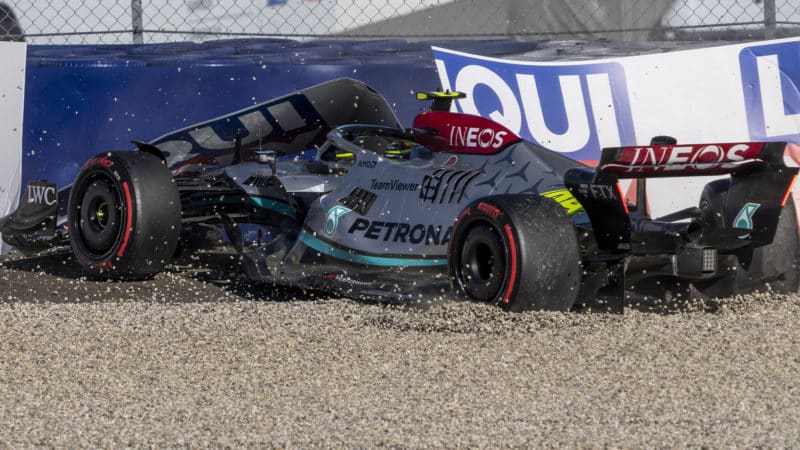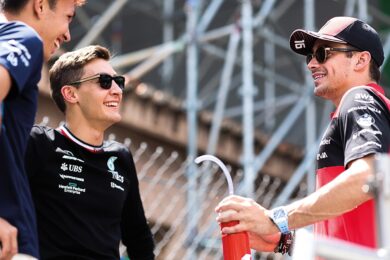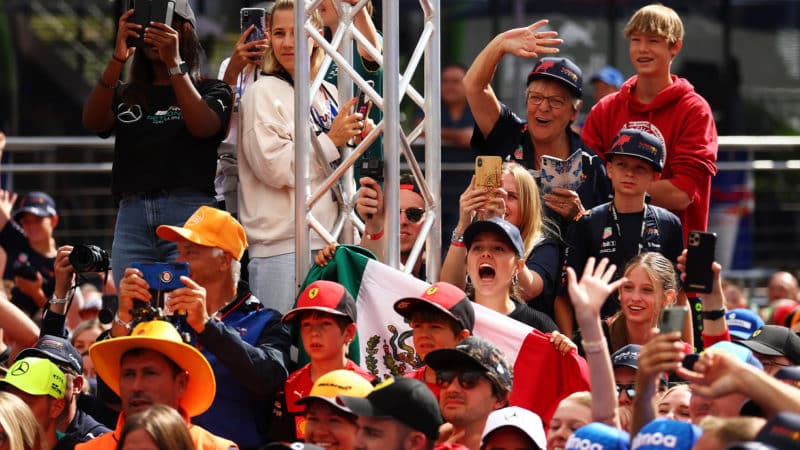I think it’s important to differentiate between those who wish harm on a driver, and those who are simply celebrating a mistake that boosts their team’s chances. We may have become too accustomed to seeing drivers emerged unscathed from crashes that some don’t appreciate how serious even a low-speed accident could become, but there are varying degrees of incident and there has to be varying degrees of acceptance when it comes to how fans react.
But while the nuance surrounding fans reacting to on-track incidents doesn’t provide a simple catch-all answer, any accusations of sexism, homophobia and racism from fans towards others does. And Toto Wolff summed it up perfectly:
“Stay away, we don’t want you if you are part of that group. F**k off.”
There’s no two ways about it. Harassment has zero upside. This isn’t a debate about atmosphere or support. It’s not something that needs addressing in a balanced way like the potential for your driver’s day to be getting better versus respect for someone who has gone off track, it’s a completely one-way street in the wrong direction.

Fans are always passionate at the Austrian GP and 99.9% are incredible, says Wolff
Having more raucous atmospheres in some areas of a track than others is fine, it’s catering to different people to have different options. Not every event or every area of it has to be the ideal scenario for everyone, because that doesn’t exist and would automatically become the ideal scenario for no-one.
But to abuse someone for the team or the driver they support, and even worse linking that to their gender, race, or sexuality, has to be stamped out immediately by everyone.
And by everyone, while it comes down specifically to race promoters and their security measures, as well as F1 and its policies at races, a lot can be done by the vast majority of fans who are incredible people that deserve praise for not being part of the 0.01%.





